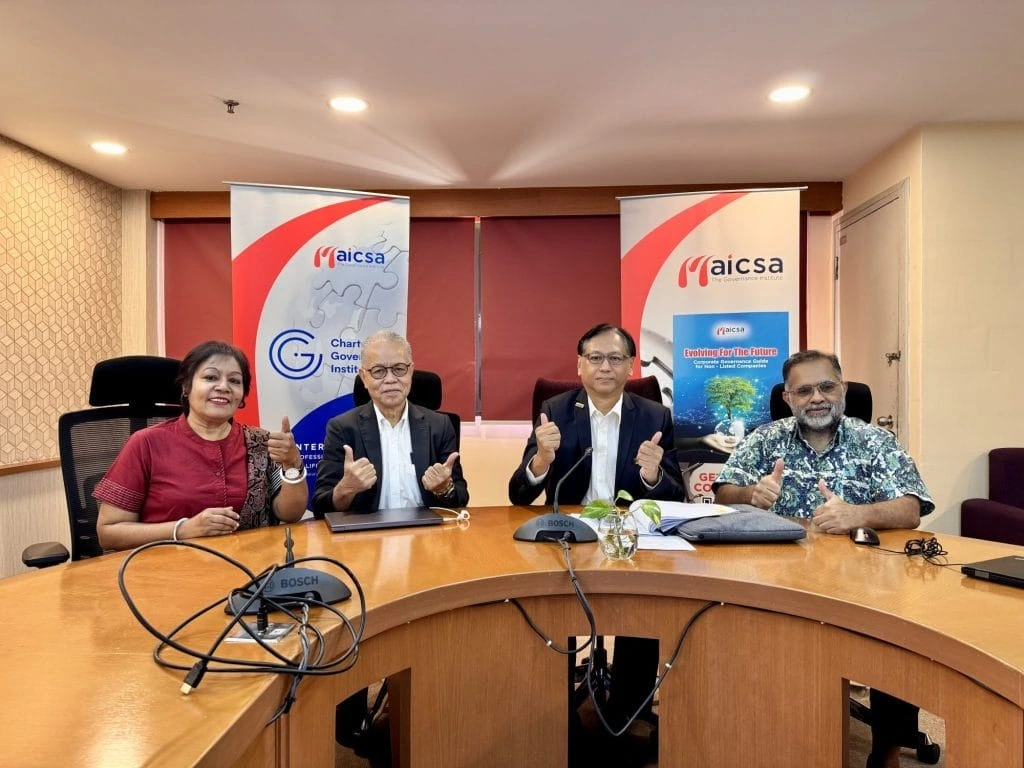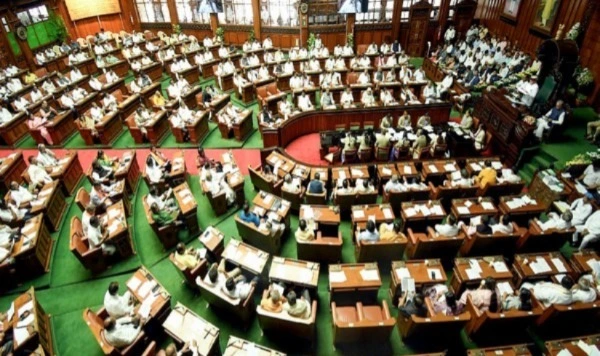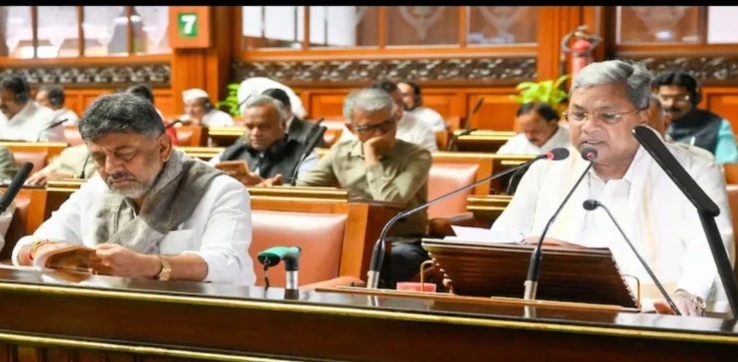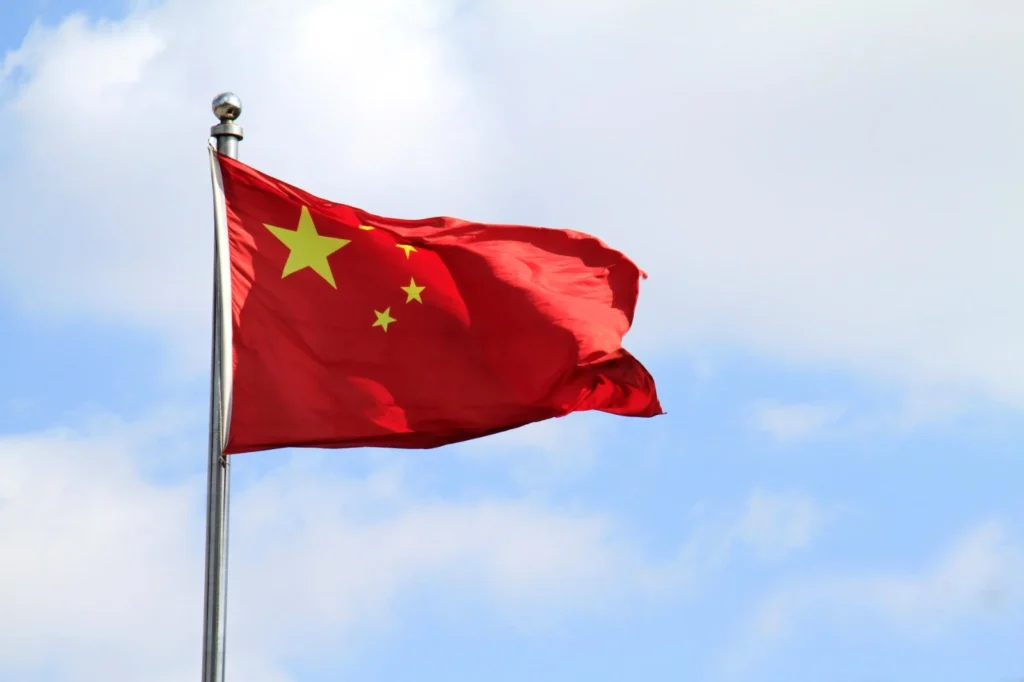MAICSA Launches Third Annual YGP Award to Cultivate Future Governance Leaders
MAICSA has launched the third edition of its Young Governance Professionals (YGP) Award 2025, continuing its mission to empower final-year BCA students from universities such as TARUMT, UPTM, UiTM, USIM, and PBS. This prestigious annual competition fosters corporate governance expertise through case studies, expert mentorship, and real-world compliance challenges. Kicking off its preliminary rounds in March, the YGP Award 2025 underscores MAICSA’s dedication to shaping future governance leaders. MAICSA President, Dato’ Akbar bin Moidunny, highlighted the competition’s role in preparing students for the workforce, while Chief Judge Simon Yeoh emphasized its focus on integrity, accountability, and resilience. Hands-On Learning & Expert Guidance Participants will analyze corporate governance issues, applying key regulations such as: ✔ Corporate Governance Code 2021 ✔ Bursa Malaysia’s Listing Rules ✔ Companies Act 2016 This practical, problem-solving approach enhances their ability to navigate compliance challenges in real-world scenarios. Panel of Distinguished Judges The competition will be judged by three esteemed industry experts: Simon Yeoh (Chief Judge) Anil Joshi Hari Chand (Securities Commission) Datuk Petrus Gimbad (Inland Revenue Board Malaysia) These professionals will mentor participants through discussions, offering insights into corporate regulations and sustainable governance practices. Internship Opportunities & Industry Exposure Beyond the YGP Award, MAICSA strengthens its ties with universities by facilitating internships at corporate secretarial firms. These internships provide students with: Hands-on industry experience Practical governance skills A deeper understanding of corporate administration Through this initiative, MAICSA continues to bridge the gap between academic learning and professional practice, ensuring that young professionals are well-equipped for careers in governance and compliance. Source: Business Today
MAICSA Launches Third Annual YGP Award to Cultivate Future Governance Leaders Read More »










